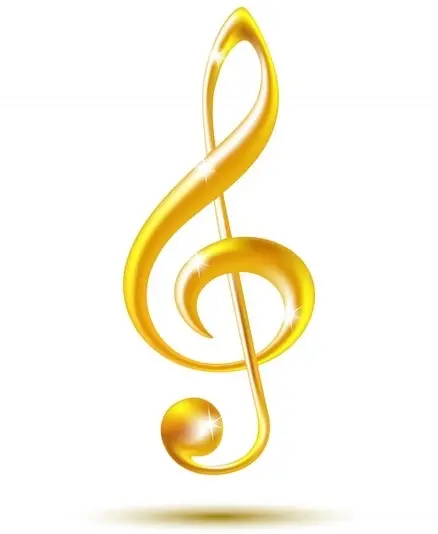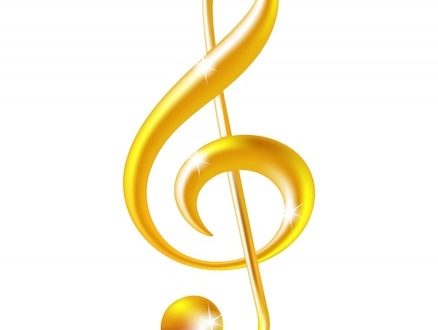
Octet |
ital. ottotto, French octette or octuor, eng. octet, from lat. octo – eight
1) Composition for 8 solo instrumentalists, less often for 8 singers. votes. Wok. O. are usually written with accompaniment decomp. compositions – from fp. up to a whole orchestra (example – “Song of the Spirits over the Waters” (“Gesang der Geister über den Wassern”) by Schubert to the text by J. W. Goethe for 8 male voices, 2 violins, 2 cellos and double bass, op. 167). Ensemble Op. for 8 instruments were created in the 2nd half. 18th century, among the authors – J. Haydn, W. A. Mozart, young Beethoven (op. 103, published in 1830); however, these products in genre they are adjacent to divertissement and serenade. The name O. came into use only in the 19th century. Tool O. 19-20 centuries, as a rule, are multi-part chamber works. in the form of a sonata cycle. Strings. O. in composition is usually identical to a double quartet; the latter, however, is based on the opposition of two quartet compositions, while in strings. O. instruments are freely combined (O. op. 20 by Mendelssohn, op. 11 by Shostakovich). The spirit also meets. O. (Stravinsky’s Octuor for flute, clarinet, 2 bassoons, 2 trumpets, 2 trombones). O. of mixed composition are more common (Schubert – O. op. 166 for 2 violins, viola, cello, double bass, clarinet, horn, bassoon; Hindemith – O. for clarinet, bassoon, horn, violin, 2 violas, cello and double bass) .
2) Ensemble of 8 soloists-instrumentalists, intended for the performance of production. in the O. genre (see value 1). As stable groups of performers, O. are rare and are usually compiled specifically for the performance of certain. essays.



